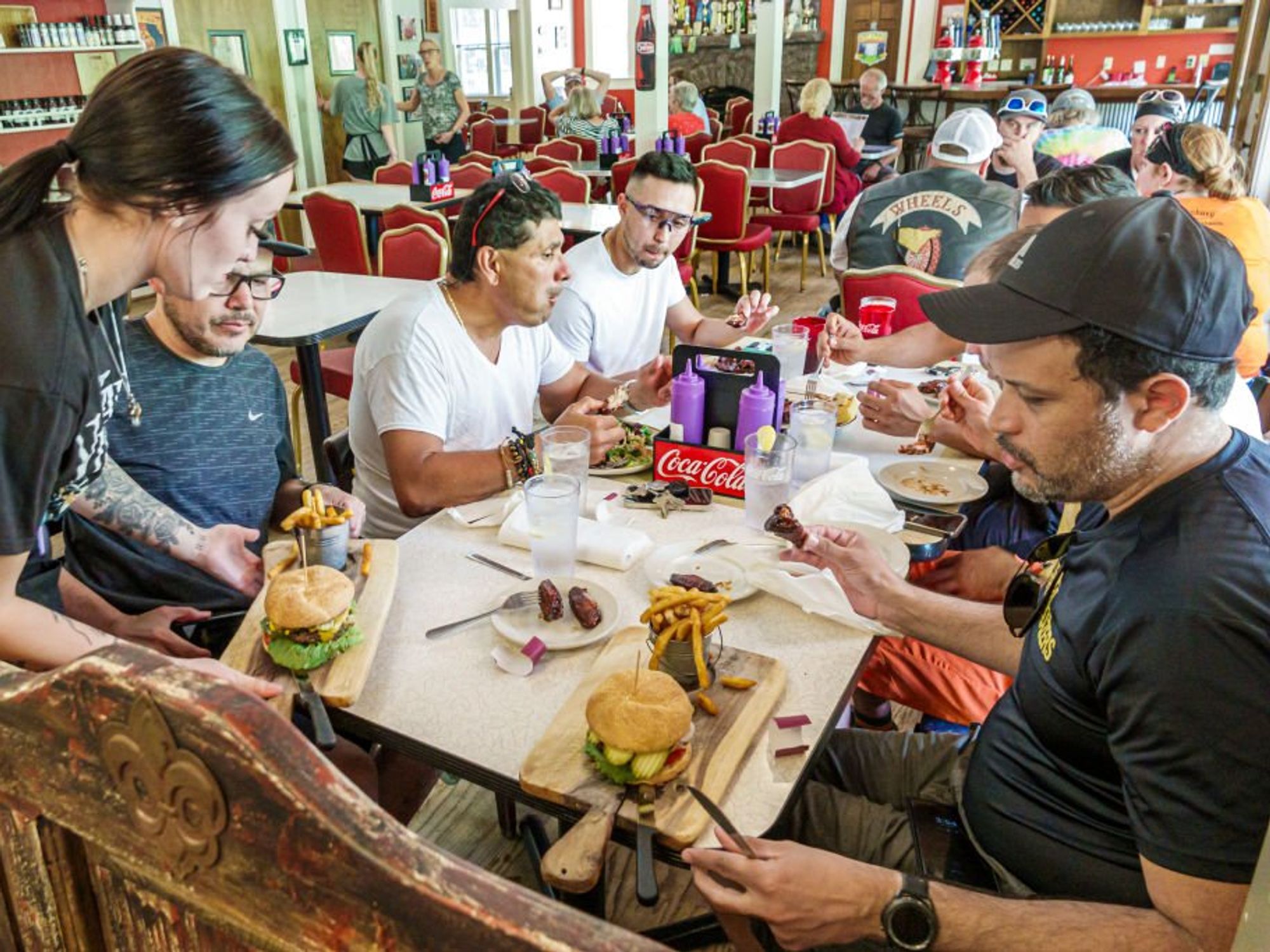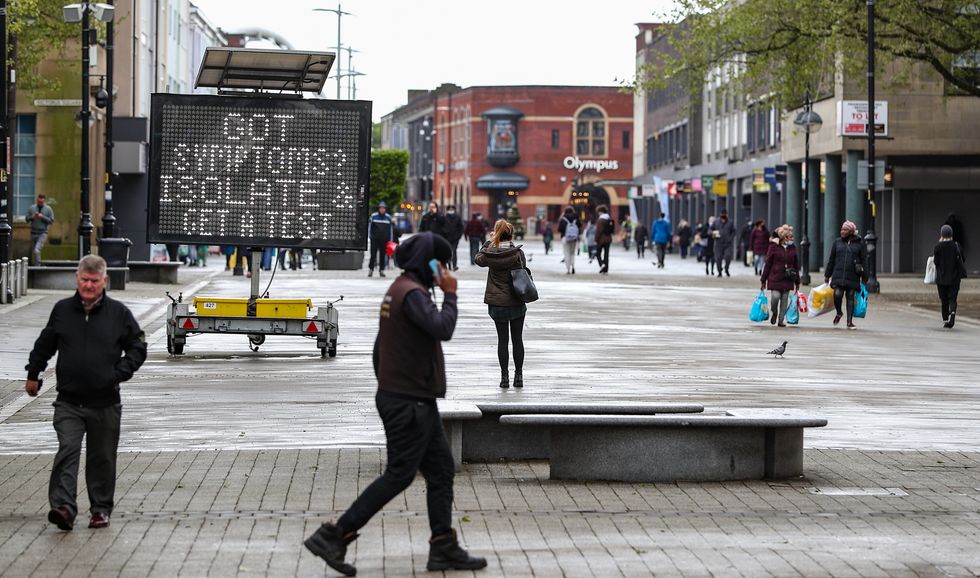How working from home may help Great Britain to ‘level-up’

Letting Brits work from home could be the answer to levelling up the whole country
Don't Miss
Most Read
People should have the freedom to stay in their local areas after lockdown ends.
This thought began thanks to another lockdown-related online purchase gone wrong. A pair of tracksuit bottoms that looked more like a skirt upon arrival, if you must know. Standing in line at the post office in my local village, waiting to return them, I found myself chatting with a stranger about how we might need to open more post offices in this rural corner of the country.
It was a point that would have been mad to make even a few months earlier. But suddenly, it seemed like the entire village was in and out of this small building. City bankers, HR managers, and me, a journalist, who would usually have hopped on the fast train to London at 6am, were all here, popping out for stamps and a newspaper on their lunch break. And many are still here now, working from home.
For my entire life there have only been stories about losing facilities, and people, from this beautiful little area. Pubs are the most noticeable victims, of course, but we've also lost almost an entire high street (now commemorated by rows of sweet but useless charity shops), a cricket club, and at least three bank branches. A 12th century church has even had its beautiful oak pews removed so the space can be used for "alternative" activities.
City centres have been left desolate with working from home commonplace across the country.
Dominic Lipinski
Is this trend now in reverse? Almost half of London renters said in December they are looking to leave the capital according to research from SpareRoom, with many seeking outdoor space, greenery, and cheaper property prices, now they can bring work with them.
HMRC this week became the latest in a long list of national, international, private, and public institutions to announce workers will be allowed to work from home—or "WFH", to use the latest acronym—in perpetuity. For at least two days a week, the tax men and women will be able to sip tea in their pyjama bottoms whilst logging your returns. It’s a seismic and sudden change but one which has, arguably, been a long time coming due to the internet and a changing economy.
The lockdowns have, tragically, devastated many inner cities. Thousands of jobs at the chain Pret alone have been lost, the capital’s population crashed by 300,000 last year, with many European migrants moving out, and countless commuter trains have been left almost empty. But some of what the over-priced and overheated urban economies have lost, smaller settlements like mine have gained.
Different interest groups are, predictably, now scrambling to sculpt the emerging "new normal" in their image. Greens want less travel to reduce CO2 emissions. The hospitality sector wants more travel, so we order more coffees and paninis. Meanwhile Amazon thrives by keeping us stocked up on AAA batteries, books, and barbells when everything else it closed.
Regional and city centres could benefit from working from home, says Liam Deacon. Pictured: Bolton town centre on May 25, 2021
Peter Byrne
But what do our communities need? This is the question which should guide us. But sadly, the topic of WFH has quickly become a political football and a blunt left-right divide has emerged on the topic.
Many on the right seem instinctively against it, stressing how unnatural it can seem to do an honest day’s work from your living room. They say WFH is a sign of laziness and will harm productivity and those entering the workforce who need training up. On the other side, WFH is said to help relieve the demands of the capitalist system of wage labour, giving us greater control over our lives and more time with loved ones.
There are important points on all sides and the negative impact on the young, in particular, must be mitigated. The biggest risk, of course, is that as jobs are increasingly done by people WFH in the counties and regions, then what stops them being offshored to Poland or the Philippines? Globalisation is often seen as the enemy of localism. We must be alert to this. But it isn’t always the case.
Working from home has become a political football... a left-right divide has emerged on the topic
You shouldn’t have to leave a beloved hometown just to find work and you shouldn’t have to travel for hours on a train just to have your views heard on the news. Just as you can now work from more locations, so long as there is a good WIFI connection, you can also now be on the news from more places thanks to Zoom.
The countryside is about much more than farming in 2021. High tech manufacturing, graphic design, and especially this summer, tourism, all happen here. The diversification of the rural economy was underway long before lockdown but as the Country Land and Business Association told me before writing this, it remains 16% less productive than the UK average. If it caught up, we could add £43 billion to the Britain’s GDP and "level up" more areas.
WFH suits some people better than others (personally, I like to get out the house most days) and like any societal change there will be winners and losers. Yes, human contact and interaction will always be essential for our wellbeing and creativity—and this contact can happen by the water cooler in the office or, indeed, the queue to your local post office.
Let’s not become entrenched in the WFH debate and let’s not only focus, as we so often do, on what it means for London. Many of the changes are inevitable and we must make them work for Great Britain.












